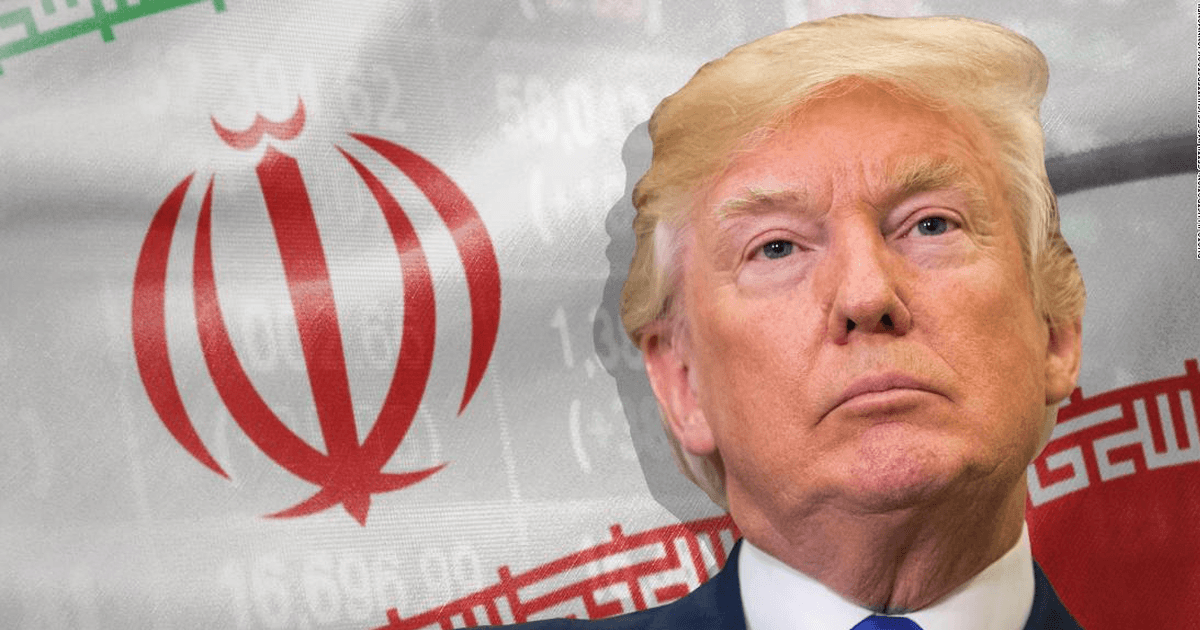Najma Minhas, the Managing Editor of Global Village Space, recently sat down with the General Secretary of All Pakistan Goods Transport Owners Association, Awais Chaudhry, to understand the axle load policy and the hinderances in its implementation. Awais Chaudhry explained the situation in detail, saying the state implementation of Axle Load mandatory to protect infrastructure and lives.
What is the axle load policy, why it was not implemented in the past, and why do you think it should be implemented?
Awais Chaudhry: This policy was formulated back in 2000 and has not been implemented for several reasons, including originally truckers’ objections. But similar rules and regulations exist all over the world. It monitors the load carried by vehicles and the consequent pressure they put on roads.
All over the world, any international standard road can carry around 8.5 to 12 metric tons per axle. Our roads and motorways, which are constructed under these standards, can also carry a maximum of 12 metric tons per axle, and any more than this is considered dangerous.
Now in Pakistan, as per law, we are already enjoying maximum weight carriage limit. Another important aspect is the human cost involved when you do not follow the law and overload. It was due to the loss of life that the Islamabad High court declared it a matter of public interest.
The ratio of accidents increases when the truckers overload cargo trucks. If I have to earn Rs1 million in a year and one accident occurs. It affects me because, in Pakistan, there is no proper system of insurance.
I end up paying both for my damaged truck but also for any damaged goods since no one insures their products either. Right now, no cargo is insured except MNC’s who insure their shipment. When we overload our cargo trucks – the wear and tear exponentially increase for brakes, tires, and other vehicle systems.
It reduces the life span of truck tires from 2 years 6 to 7 months. Tires are not cheap. One pair of truck tire costs about Rs100,000, and again tires are not manufactured here. We have to send money to other countries to import tires. This money is going out of the country; if the axle load limit is applied, this will save billions of dollars as well as tires will complete their life span of two years.
What is the maximum weight that can be carried worldwide?
Awais Chaudhry: In Pakistan, it is 58.5 metric tons. It is one of the highest worldwide. It is 55 metric tons in India, 49 metric tons in Afghanistan, 51 metric tons in China, 46 metric tons in Europe & the USA.
However, what is scary is that while in Pakistan, as per law, the maximum limit of 58.5 metric tons is allowed, but actually, most vehicles carry much beyond that, and often, we see many trucks taking above 100 metric tons weight; almost double of what is allowed. Now definitely, there is no need to go into how that damages our roads, puts pressure on vehicles, and places drivers’ lives and those around them at risk.
An example of how it affects roads is the M9 Hyderabad–Karachi motorway, which the FWO constructed and was inaugurated in January 2018. Generally, motorways have a life span of 30 years, while its first repairing should be after five years. However, the road has already been damaged due to overloading in less than two years after its inauguration.
The first lane is totally out of order; the second lane has lots of bad patches due to heavy traffic, and the only third lane, which is only for cars, is in useable condition. It, of course, is compounded by the fact that we have hot weather, which makes the asphalt more susceptible to damage from overloading.
The truth is that the scheduled repairing of the road was due in 2023, but it has already been repaired thrice since 2018. If we have followed the axle load limit, we would not have spent three times more money in only two years. Yet, we don’t even know how much more money we will spend in the next three years.
By contrast, M1 Islamabad to Lahore and M2 Peshawar to Lahore, have implemented the axle load limit since they were inaugurated. Since the overloaded trucks are not allowed to use the roads, they are still in excellent condition.
What about industry complaints that this reduction in axle load will increase their costs significantly?
Awais Chaudhry: Here, an important point to note is that in Pakistan, the campaign against overloading is only by Pakistani industrialists. No MNC is against this axle road limit; instead, they are already following it. Nestle, Unilever, Engro, and others are international companies in Pakistan, and they are following the axle road limit.
They are not overloading. They are also competing in the Pakistani market, doing their business. They have no issue at all because they understand the importance of safety. Cement manufacturers are complaining, but there are three different cement factories in Kallar Kahar; from there, they supply cement to Lahore and Peshawar, and their trucks use M1 and M2.
Read more: Implementation of Axle Load Limit Regime: When and How?
They carry weight under the axle road limit. They pay those trucks at a standard rate, and they have no problem at all. So, I do not understand why some industries are complaining. When we damage our national roads, we destroy the national economy from which we all lose.
By reducing loads, we can save USD65 billion, which we are spending on road maintenance. NHA has USD150 billion worth infrastructure, which is now at risk because we are damaging it daily.
So why don’t your driver refuse to carry more load?
Awais Chaudhry: They are small truck holders, often are the owners of two or three vehicles. More than 50% of the market comprises of small truck owners. Another issue is that we have more trucks and less cargo, like if we have 60% cargo, then trucks available are 100%.
We also oppose this concern expressed by the industry that there will be a shortage of trucks. We say that there will be a balance. Right now, they are in excess. Now, this is the reason that we can’t take trucks on less load or low payment.
Let say any industry gives me a weight of 100 metric ton and I refuse saying that I’ll take only 50 metric ton for Rs100,000. So, the industrialists will look for another cargo truck. So, I’m ready only to carry less load while other vehicles are prepared to take the same weight with equal payment.
So, why industrialists will choose me? Then we have the option to carry cargo from Engro and other MNCs. I believe state control is a necessary and viable option.
What is the percentage of small truck owners in your industry?
Awais Chaudhry: As I said, there are more than 50%. Again, I would say that we have more trucks and less cargo.
Does it show we have import and export issues as well?
Awais Chaudhry: Yes, other factors are that in 2013, the transport business went high because of the initiation of CPEC, and secondly, NATO cargo was also being transported. Imports were also at the peak, and we were also exporting cement to India.
In 2015, OGRA put new conditions because of Bahawalpur incident. It inspected model conditions of trucks and demanded that new trucks should be included. It caused old truckers to shift towards cargo transport. Now, about 10-12 thousand old trucks are in cargo line.
Do your truckers get insurance for their trucks?
Awais Chaudhry: In our industry, 80% of our trucks are old. Right now, new trucks are insured, but old cargo trucks like Bedford trucks are not insured.
Should the government make the axle load limit mandatory for your industry?
Awais Chaudhry: Yes, of course
When is the government going to apply this axle load limit?
Awais Chaudhry: Well, right now, the government is considering this policy. This overloading also increases our maintenance costs by about 50%. If we double our load, then tyres expense will double, diesel consumption will increase, and repair, as well as maintenance cost, will also increase.
In the past, there were only M1 & M2 motorways, and cargo trucks were using G.T roads, but now there is a network of motorways like M3, M4, M5, M9. So when vehicles start a journey from Karachi, there is only a small patch between Sukkur and Hyderabad, which has no motorway.
Read more: Government’s decision to reduce cargo weight limit for trucks could mean disaster
The problem for me is that our trucks are not allowed to use motorways as we are directed towards G.T roads. When this heavy traffic moves towards G.T roads, which are already crowded with traffic, more accidents take place because of the overloaded cargo trucks.
What we want is to apply the same axle road limit everywhere on motorways as well as national highways because overloading damages both motorways as well as national highways. The motorway will also reduce our travel days as well.
Let say trucker use two trucks for the same cost with which he charged for one truck. So does this reduction in travel days compensate for its profit?
Awais Chaudhry: Yes, exactly we can go with less weight. It will reduce costs, travel days, and we will be more secure.
So why not get this incentive by keeping less weight?
Awais Chaudhry: The problem here is polarization. When 50% of truck drivers are ready for overloading, then it forces remaining truckers to follow the same. There are black sheep everywhere, and I think we have more.
Second, drivers are also less educated, so they don’t understand this and opt for short term gains. Then we also listen that the axle load limit will increase the industrial cost. Now, this transportation cost for any product is just 3-4%, which is not so high.
Which industry is resisting the most?
Awais Chaudhry: The cement industry is against this even though they have the same transport charges. After this axle load limit, the cement bag will cost Rs 40/kg. If the price of the bag is Rs500, so after the axle load, it will be Rs540. Actually, the selective approach of our government has created this scenario.













